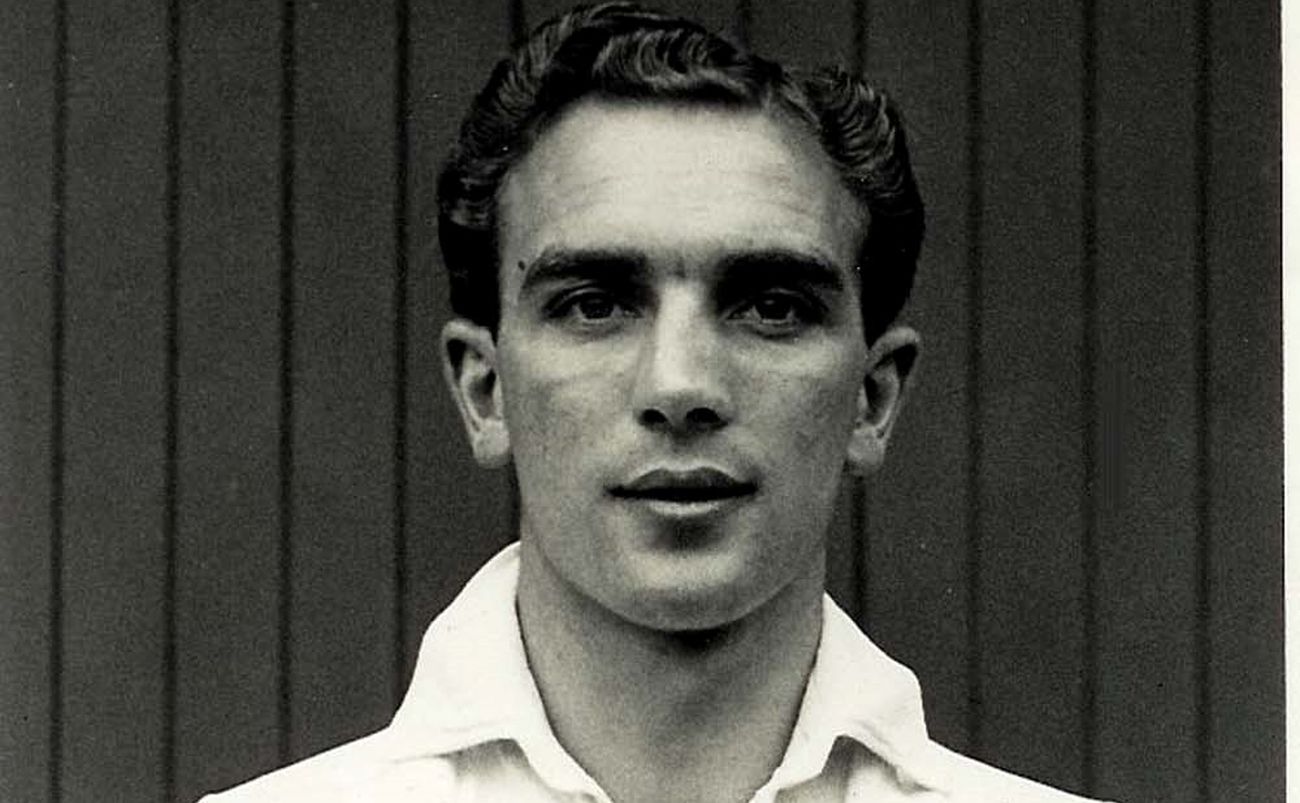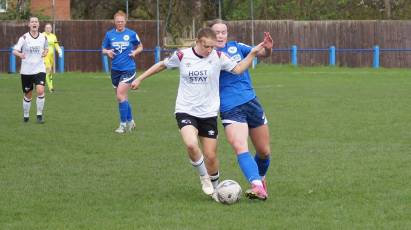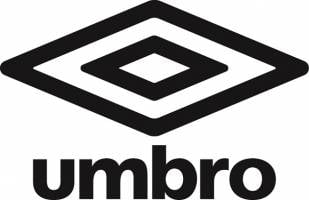Words: Anton Rippon
Ray Wilkins, the former Derby County centre-forward who passed away at the weekend, always hoped that he would play for the Rams.

He once told me: “After my mother died, we were clearing out her house and I found she’d kept all my old school exercise books.
“I was flicking through them one day and came across an entry I’d made in my English book in 1938. It read: ‘One day I shall be a professional footballer and my team will be Derby County. I hope I shall score lots of goals.’”
Ray cannot remember writing these words, but they were certainly far-sighted, even down to scoring those goals: 11 in 30 games for the Rams alone would be a fair return in any era.
Ray had many good memories of the Baseball Ground, but the one that stuck out most was the day that Derby County were sensationally beaten by non-League Boston United in the FA Cup.
On the face of it that may seem odd, but Ray was playing for Boston, not Derby. In fact, he was one of six ex-Rams who returned to heap humiliation on their former club and record one of the most remarkable FA Cup giant-killing acts in the history of the competition.
When I interviewed him in 2006, Ray recalled: “Boston was owned by the Malkinson family, who also owned entertainment venues along the East Coast. The chairman, Ernest Malkinson, was desperate to compete with Peterborough United, who in those day were the real East Anglian giants of non-League football.
“For instance, Peterborough had two ex-League goalkeepers as player-manager, Jack Fairbrother of Newcastle United, who was born in Burton, who was followed by George Swindin of Arsenal.
“So, Mr Malkinson decided Boston should have one too. That led to him signing up Ray Middleton, Derby’s former goalkeeper, as player-manager. And, in turn, Ray took several ex-Rams players, including me, to play for Boston.”
For Ray Wilkins it was a chance to extend a professional playing career that had begun in whirlwind fashion.
“I was studying at Loughborough College, having just come out of the Royal Navy after three years compulsory service at the end of the Second World War.
I played a couple of games for Moira United in the Christmas holidays of 1949 when Jack Nicholas, who was Derby’s captain when they won the FA Cup in 1946, asked me to go for a trial at the Baseball Ground.
“To my astonishment, the next time I heard from Derby was to say that I was playing for the Reserves at Burnley. I hadn’t even had the trial. Then things moved even faster. After only a couple of Reserves matches, I was in the first team against Liverpool.
“Jack Stamps was injured, and I suddenly found myself playing centre-forward between two world-class inside-forwards, Johnny Morris and Billy Steel.”
Ray was born in the South Derbyshire mining community of Albert Village in August 1928. When he was one-year-old, the family moved to Swadlincote, where Ray eventually went to Hastings Road Infants and Junior Schools. Then a scholarship took him to Ashby Grammar School, from where he went into the navy, then to Loughborough.
Throughout a professional football career that took him to Derby, Boston, Wrexham, Oswestry Town and Macclesfield Town, he remained a part-time player, with teaching posts at Derwent and Sturgess Senior Schools in Derby, and St David’s, a brand-new school in Wrexham, where he went back into League football with the Third Division club.
“We would have stayed in Wrexham, but my first wife became very ill and we had to come back, so that her mother could help care for her.”
Back in Derby, Ray became head of PE at Mackworth School, and played for local clubs, Gresley Rovers, Wilmorton and Alvaston, and later managed Crewton FC.
He went on to become head of the fifth year at Mackworth, and later senior teacher – effectively a deputy head – before retiring after the school became a comprehensive in the education upheaval of the 1980s.
He said: “I had long decided that when I was in my mid-40s, I would give up teaching PE and concentrate on academic subjects.
“I didn’t want to end up like my old PE teacher at Ashby Grammar, who, because of the war and the shortage of young teachers, had to carry on well past the point where he could perform. It wasn’t his fault, but I didn’t want to end up the same.”
In December 1955, Boston United came to the Baseball Ground to play Derby County in the FA Cup, with six ex-Rams players, including Ray and 1946 Cup winner, Reg Harrison, in their ranks.
In one of the greatest Cup upsets of all time, Boston won 6-1 with ex-Rams reserve player, Geoff Hazledine, scoring a hat-trick. That morning Ray had been the subject of a newspaper article which had the schoolteacher-footballer claiming that Boston “would teach Derby a lesson”.
Said Ray: “It was all tongue in cheek. We never expected to win, although we didn’t expect to do badly either. Our plan was to play good football and show supporters of the club that had sacked us that we were still decent players.
“The result was beyond our wildest dreams. About an hour after the final whistle, Reg Harrison and myself decided to pay our respects to our former colleagues. We went into the Derby dressing room and stopped in our tracks. The players still hadn’t changed out of their kit and it was deadly silent.
“Harry Storer, the Derby manager, just swung round and glared at us. We retreated, closed the door gently, and top-toed back down the corridor.”
Another of Ray’s memories was the startlingly different temperaments of Johnny Morris and Billy Steel, Derby’s two British record signings of the late 1940s
“Johnny, who came from Manchester United and was an England international, was absolutely wonderful.
“He couldn’t have been more helpful to a young player just starting out. He was always taking you to one side, offering advice.
“Billy, who’d played for Scotland and Great Britain, was just the opposite. He wanted the ball to his feet and wouldn’t move a yard for it. If you gave him a less than perfect pass, he’d just let the ball go by, and shrug at the crowd as if to say, ‘Did you see that? What a poor pass.’
“A lot of the senior players resented him because, in those days of a maximum wage for footballers, Derby found him a ‘job’ at Bennett's, thanks to one of the directors. They also got him a company car when others were still catching the bus.”
Until he fell ill a few years ago, Ray attended every home game at Pride Park, and was an enthusiastic supporter of the Derby County Former Players’ Association.
Ray’s funeral will be held at Derby Crematorium at 1.20pm on Tuesday 20th March. “All Rams fans welcome,” says his son, Stuart.

























